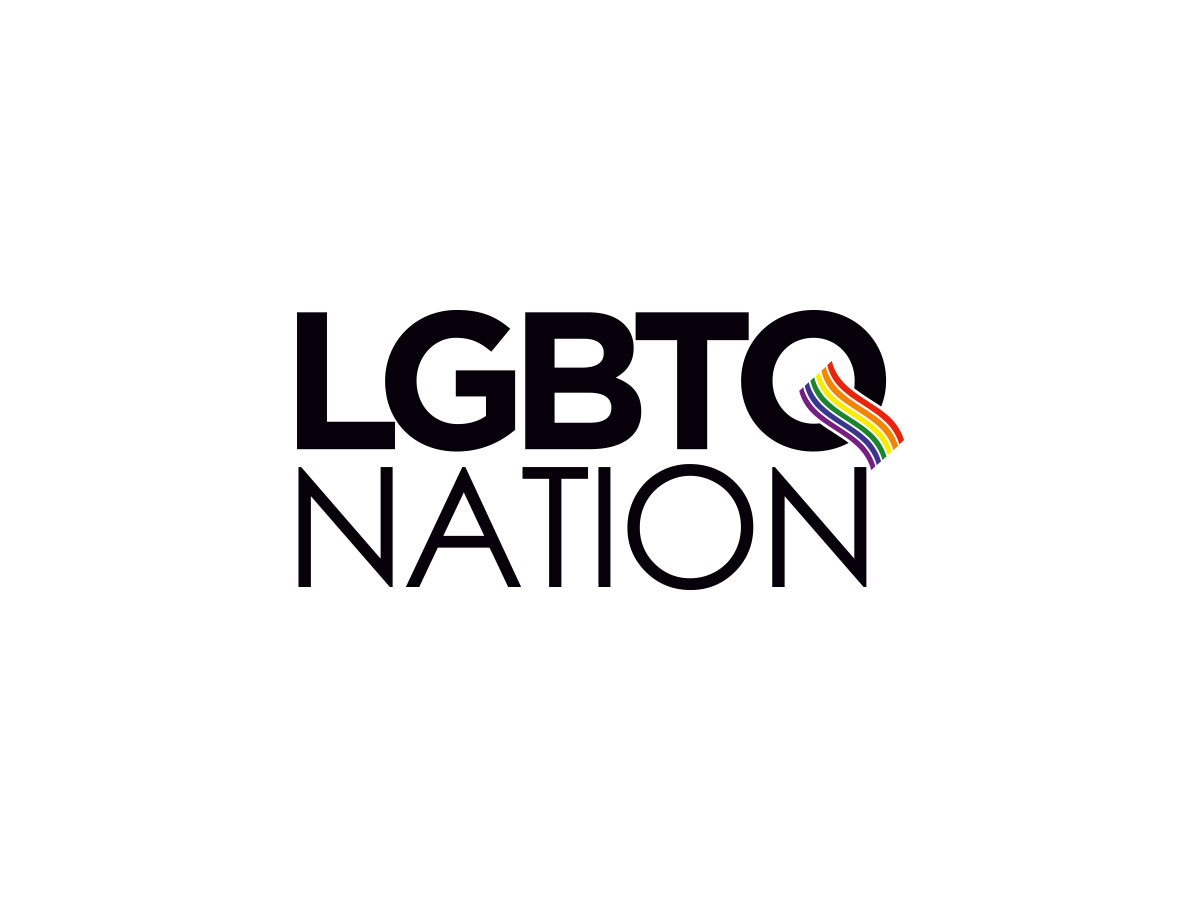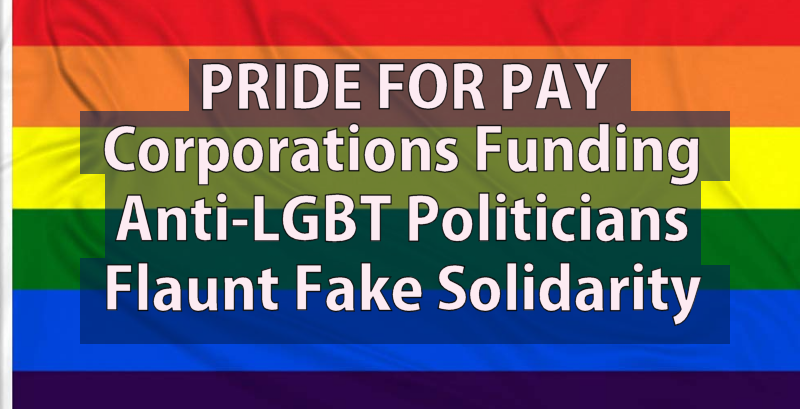ATT Against LGBT Rights


Editorial-Opinion
Virginia Foxx, a member of Congress from North Carolina, has a long record of opposing gay rights. She has gone so far as to claim that Matthew Shepard — a college student murdered in a hate crime — was not killed because he was gay. At one point, she used the word “hoax.”
Nonetheless, the executives of Comcast, the media company, have decided that Foxx deserves the company’s support: It recently donated money to Foxx’s political action committee.
Doug Collins, a House member from Georgia, is also an opponent of gay rights. He has argued, bizarrely, that a ban on workplace discrimination would somehow hurt “women, lesbians, and families.” Still, Home Depot has decided to support Collins financially.
Sign Up for Jamelle Bouie's Newsletter
Join Jamelle Bouie as he shines a light on overlooked writing, culture and ideas from around the internet.
Senator Marsha Blackburn, from Tennessee, opposes marriage equality and supports President Trump’s efforts to keep transgender Americans out of the military. AT&T recently gave her thousands of dollars.
This list could go on. FedEx, General Electric, Pfizer, UBS, UPS and Verizon have all given significant financial backing to members of Congress who oppose L.G.B.T. rights.
Yet every one of these companies also claims to support L.G.B.T. equality. Their social media accounts post photographs of rainbow flags during Pride Month, and their corporate websites brag about their policies toward L.G.B.T. employees.
This hypocrisy was the subject of a recent newsletter by the journalist Judd Legum, who’s been doing excellent reporting on corporate political activity. The specifics here come from his work. Legum focused on companies that have inclusive benefits for their L.G.B.T. employees but then support politicians who undermine those same employees.
This issue fits a larger pattern. Many big corporations promote an image of decency. They claim to value all of their employees and customers. They claim to care about the state of American democracy and the quality of our schools. But when these same corporations are faced with hard political choices — like whether to bankroll politicians who oppose equality, or whether to damage city budgets by using shady tax loopholes — their principles suddenly take a back seat.
I understand why big companies might prefer to avoid tough issues and simply spread around their campaign donations to maximize their influence. I don’t see any problem with these corporations giving money to politicians on both sides of the abortion debate, for example, because the companies don’t claim to be “pro-life” or “pro-choice.” But they do claim to have a position on L.G.B.T. equality. They say that it’s part of their corporate values, yet they support politicians who treat L.G.B.T. Americans as second-class citizens.
Imagine if AT&T, Pfizer, UBS and the other companies mentioned here took a different stance. Imagine if they said they were willing to back politicians of either party who took diverging positions on any number of issues, so long as those politicians didn’t violate any of the companies’ core values. That approach could actually make a difference, because members of Congress rely on financial support from corporate America.
Instead, the companies are putting profit and influence over their own employees — which suggests that their stated corporate values aren’t very meaningful.
“We stand in support of the L.G.B.T.Q. community members every day,” Corey Anthony, AT&T’s chief diversity officer, recently said. “As an ally, our support is long standing and unwavering.”
Unwavering, eh?
Corporate responses
My colleague Ian Prasad Philbrick and I reached out to all the companies mentioned here for responses, but I didn’t find any of their explanations persuasive. Several pointed out that the Human Rights Campaign has recognized them as having inclusive policies for L.G.B.T. employees. I’ve excerpted the responses below.
Peter Stack, a UBS spokesman: “Our commitment to creating a diverse and inclusive workplace is unwavering. The UBS political action committee, which gives equally to Republicans and Democrats, is designed to support members of Congress who we believe promote responsible economic and investment policies at the federal level.”
Sharon Castillo, Pfizer: “The decision to contribute to these elected officials was made based on their support of the biopharmaceutical industry and policies that protect innovation incentives and patients’ access to medicines and vaccines. In no way does our support translate into an endorsement of their position on any social issue.”
Kara Ross, UPS: “UPS has a longstanding record of supporting diversity and inclusion and it is a core value of UPS culture … We have been transparent, clear and unwavering in our positions on diversity and inclusion, including bringing the leaders of our L.G.B.T.Q. Business Resource Groups to Washington to meet with members of Congress on the importance of diversity and inclusion … ”
Michael Balmoris, AT&T: “We support candidates on both sides of the aisle who are addressing the issues that impact our business, our employees and our customers. That doesn’t mean we support their views on every issue.”
John Scruggs, FedEx: “FedEx has a long history of participating in the political process, and we support candidates on both sides of the aisle.”
On Saturday’s episode of “The Daily,” Ann Northrop, an L.G.B.T. activist, criticized some corporations’ role in Pride celebrations: “They’re there to market to what they perceive as an affluent gay community. And then they turn around the next day and spend all their money buying Republican right-wing politicians, who they need to pass whatever regulations they care about. And those Republican politicians are taking away all our rights, putting really virulently anti-L.G.B.T. judges on the federal benches. … So why are we handing over the Pride parade to these people?”
The New York Times Opinion section on Facebook, Twitter (@NYTopinion) and Instagram.
David Leonhardt is a former Washington bureau chief for the Times, and was the founding editor of The Upshot and head of The 2020 Project, on the future of the Times newsroom. He won the 2011 Pulitzer Prize for commentary, for columns on the financial crisis. @DLeonhardt
Comments